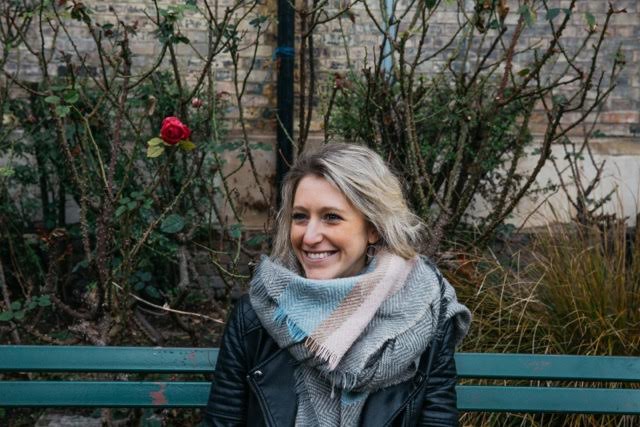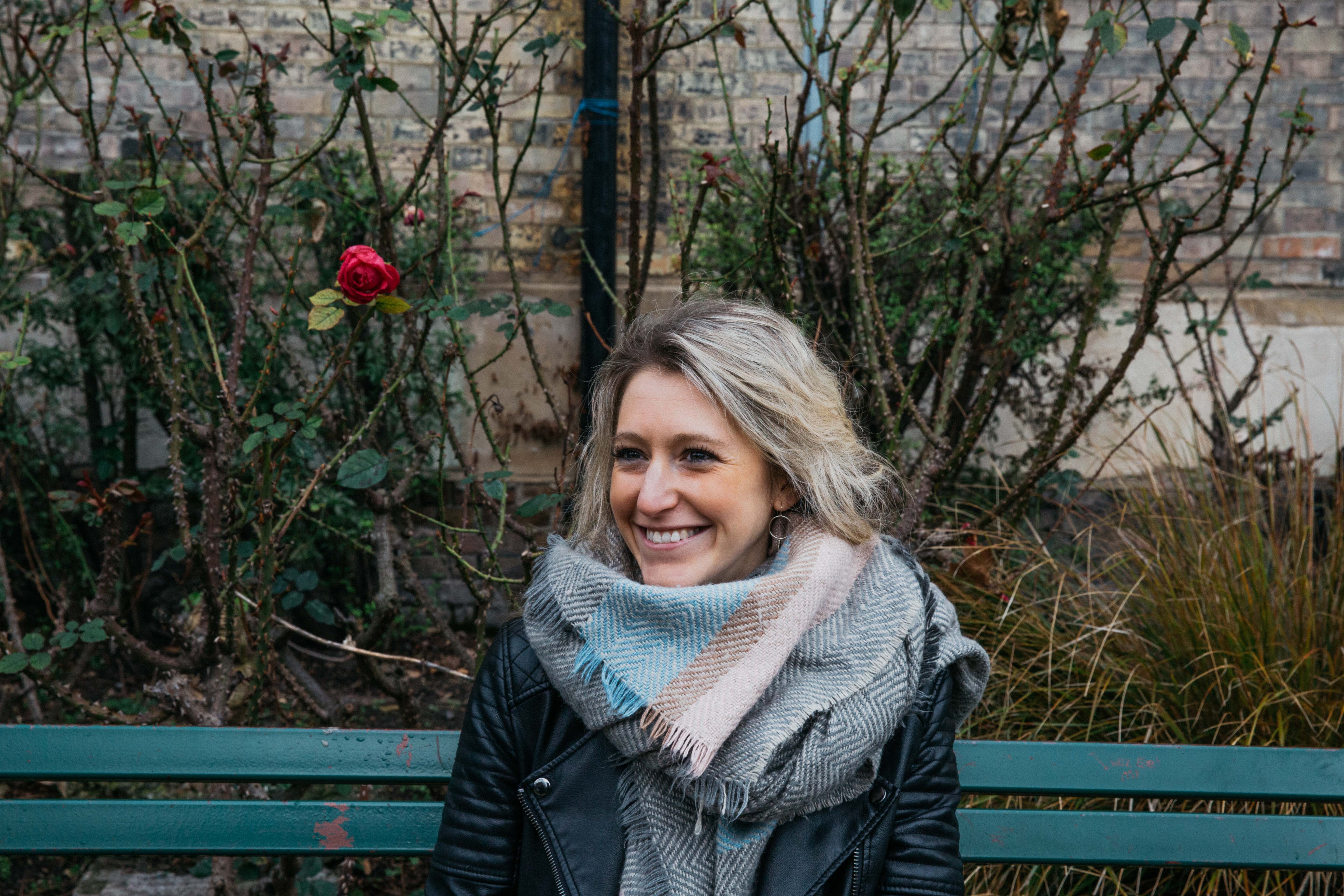Looking Back on Anorexia
Mar 6, 2017


Hope Virgo
Jan 22, 2025 18
- Hope Virgo struggled with an eating disorder throughout her teens
- She has published a book, Stand Tall Little Girl, in the hopes of helping others with anorexia or disordered eating problems
- If you need support for an eating disorder, find a therapist here
When I was 13 I began to diet. I used to spend hours googling the best diets, I learnt the calories of everything and I was a real expert. I thought this was a huge achievement. I was amazing at dieting. I lost a lot of weight, skipped meals and began to feel good. But in reality what had I really achieved? And did I really feel that good?
I was 17, my heart had nearly stopped and I was living in a mental health hospital. And I was about to face the hardest year of my life. One to fight to get well. Re-teach myself to eat and learn that I was better off eating than not. The days turned in to months and I fought to get well. I was terrified with how my weight went up and I felt like my mind was being left behind. I felt lost and alone and was running out of the energy to fight this so-called anorexia that everyone said I had.
I was frustrated at how long my mind was taking to catch up - I didn't know where I should be in my recovery and I definitely didn't know how I was going to battle this further. Would I ever have a day when my mind had caught up or would I be trapped in this deathly cycle with the constant fear of eating and not being well forever?
Since coming out of hospital I have fought to stay well. And I now look on with sadness at these people struggling with anorexia. I feel frustrated that they can't see how much better life would be without letting anorexia dictate your every move. It is horrible feeling so trapped in there with her and whilst you think it might be the best thing in the world I guarantee it isn't. And whatever you think and however you feel when you don't eat, exercise too much, lose weight, those feelings don't last.
Wherever you are in your recovery I wanted to share my tips with you to help you.
1 If you get the offer of support, use it
In my first year, I was offered the chance to attend an outpatients eating disorder clinic. I chose not to. I felt like it was too much effort and I didn't like the lady very much but because I didn't use it, it meant I relied a lot more on my friends and family for support. I was lucky that they were all there for me, and it worked, but if it is offered try it and see if it works for you.
2 Have people accountable to talk to
I was very lucky as in my first week or so I told Emily and Nikki my two new friends at University . They were great and it has been good talking to them both looking back. Recently Emily commented on how much better I seemed and how proud she was of me. It meant so much to me and made me realise how lucky I was to have her as a friend. She put up with my funny eating habits and my rigid eating times. And she was there when I needed that little extra support.
3 Be honest with yourself even if you can't be with others
This is so hard I know that. And I still at times find it hard to be honest with myself but you have to be. If you are having a bad time, struggling to eat, or exercising too much, challenge yourself. Yes, at first, it is scary coming out of that comfort zone but it is well worth it.
4 Don't be afraid to go back to a rigid eating plan
When I was in hospital we stuck to a strict eating plan. This kept me well and helped me put on weight. And this was what I fell back on when things got tough. It doesn't mean you have failed if you start eating easier foods again it just means you are finding new ways to fight it.
5 Try and think logically
I have very low self-esteem and spent much of university feeling huge. I would look in the mirror and see a fat whale-like figure staring back at me. But in reality this wasn't me. And you need to try and keep yourself in check. Try and ignore the voices that knock you down. Surround yourself with people that value you. If you stick with it, it gets better and easier.
6 If you feel bad tell someone
I used to find this hard to do but the benefit of doing it exceeds everything. If I have a fat morning, I tell someone and then they know that even if I am eating I am doing it because I need to to stay well. By telling someone it removes all emotion from the food.
7 Stay strong and keep talking
This is essential and I urge you to do this. Life is so much better when you fight your mental health problems and don't let it suck you back in. Without anorexia in my life I have more energy, can have normal relationships, I can eat out more, I am so much more relaxed and I haven't got this battle going on in my head constantly. Yes, it isn't always easy but it is worth it.
Hope Virgo is the author of Stand Tall Little Girl, published by Trigger Press

Hope Virgo
Read further


